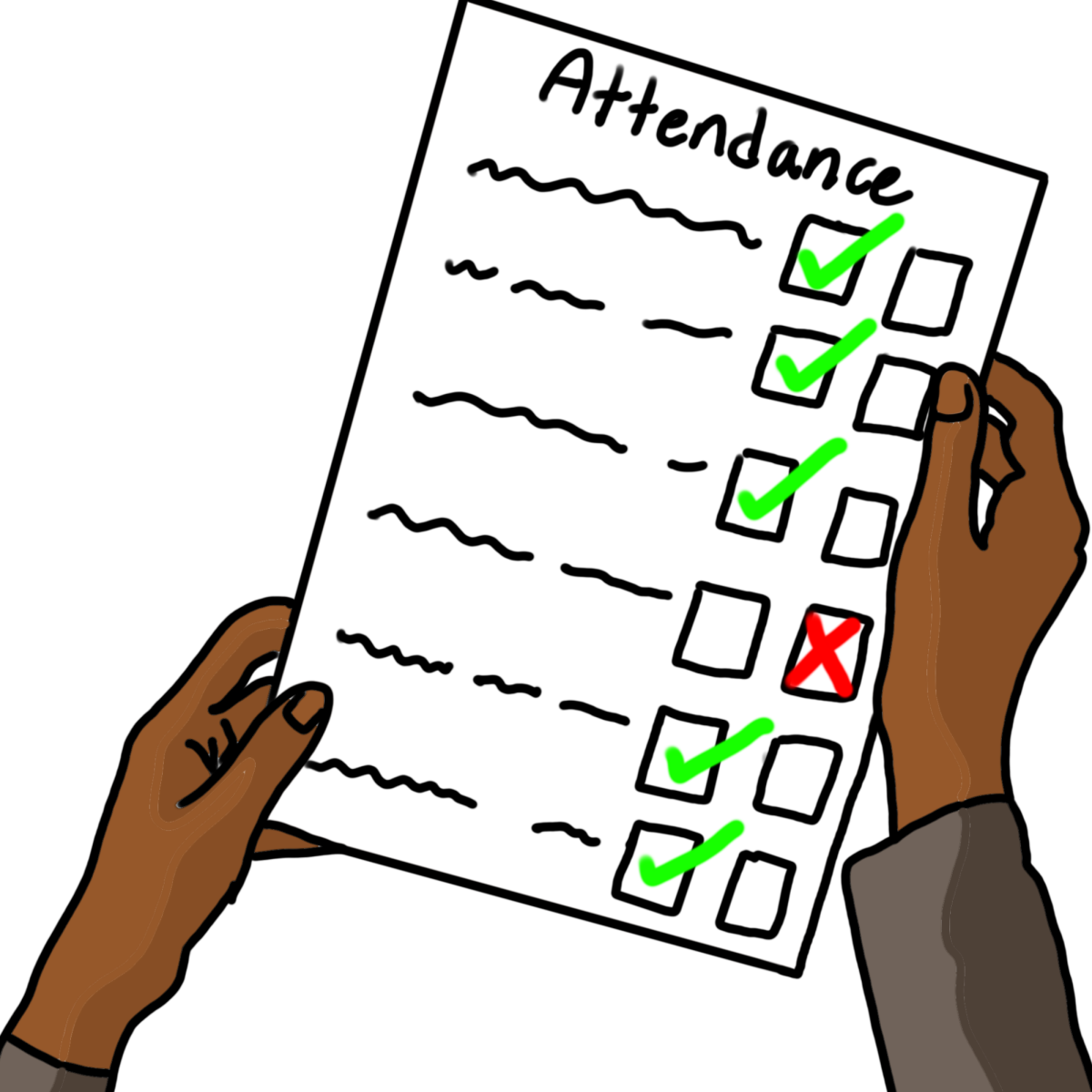At the start of every semester, we get a syllabus for each class that states specific course guidelines, one of the constants in each syllabus being an attendance policy. For as long as I’ve been in college, the class attendance policy has been roughly the same. Depending on the class, students are allowed two or three unexcused absences for the entirety of the semester, and any other unexcused absences can result in point deductions from the “participation” and/or “attendance” portions of their overall grades.
While there are some professors who are either more lenient with the attendance policy or are easy to work with in that regard, there are also plenty of professors who are very strict with it. I’ve had professors who follow the usual attendance policy to a tee, but I’ve also had professors who have either ignored it entirely or set their own in place if attendance even factors into their grading system, which in itself is an argument for another day.
The biggest problem, in my opinion, with college attendance policies is the fact that it can be quite inconsistent at times, and it doesn’t help the fact that everybody’s got different schedules they have to adhere to. Lengthy class lineups, internships, part-time or full-time jobs, and other commitments all clash with one another.
I have two classes every day at Rowan from Monday to Thursday, an internship on Fridays with Red Bank Battlefield in National Park that will increase to Thursdays and Fridays once the semester ends, and a part-time job at my local bowling alley that takes up the majority of my weekends and, sometimes, my weeknights. Add on top of that the workload that comes along with school, as well as the assignments I pick up while writing for the Whit; sometimes, it can be a little too much. The time I need to get everything done and turned in before deadlines is almost non-existent, and sometimes, it results in me deciding to dedicate the time that I’m supposed to be in class instead of catching up on all the work I need to do outside of it.
There are plenty of other times when life gets in the way of everything. One of the biggest examples of that is sickness. Students can get absences due to illness excused with a doctor’s note, but not every illness requires a trip to see the doctor.
There are also cases where other emergencies pop up. For instance, your car could break down, or you could lose access to transportation to class for the day. You could experience a family emergency that requires you to be away from campus. Maybe the weather’s bad one day, and you don’t feel safe getting to class. You could have a job interview or an appointment that requires you to have to miss a day of class. If it’s a virtual class, you may not have good access to WiFi, and it could hurt your ability to make those virtual meetings on time, if at all.
Now, some of these scenarios can be excusable absences, of course, but the more questionable ones fall to the discretion of the professors.
To be fair, with the semester only being roughly fifteen weeks long, with one or two meetings each week, there should be some sort of limit to how many classes a student can miss if there’s concern with the student’s performance. If they aren’t turning in assignments, or if they are but it’s being turned in late or the quality of work is poor, then there absolutely needs to be some kind of policy in place. At some point, it becomes a waste of money for the student and a waste of time for everyone involved.
However, if a student is still showing up to a majority of the classes and is clearly participating and understanding the course material, whether or not they miss more than two classes shouldn’t matter, nor should it affect their final grade in the class.
For comments/questions about this story DM us on Instagram @thewhitatrowan or email [email protected]























































































































































!["Working with [Dr. Lynch] is always a learning experience for me. She is a treasure,” said Thomas. - Staff Writer / Kacie Scibilia](https://thewhitonline.com/wp-content/uploads/2025/04/choir-1-1200x694.jpg)









































